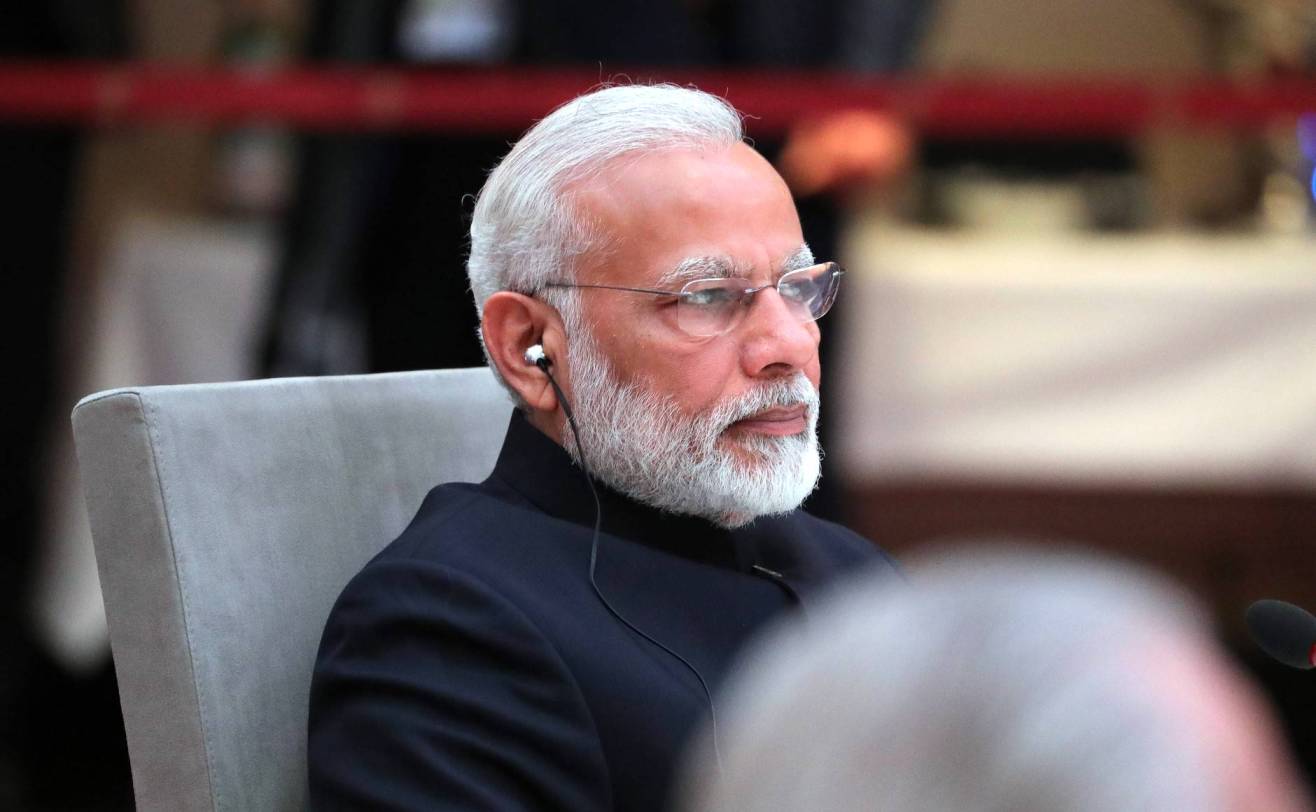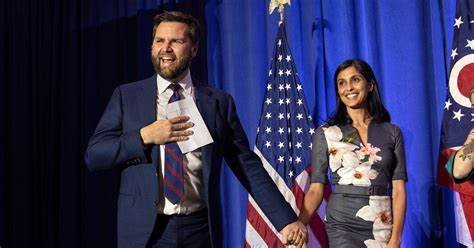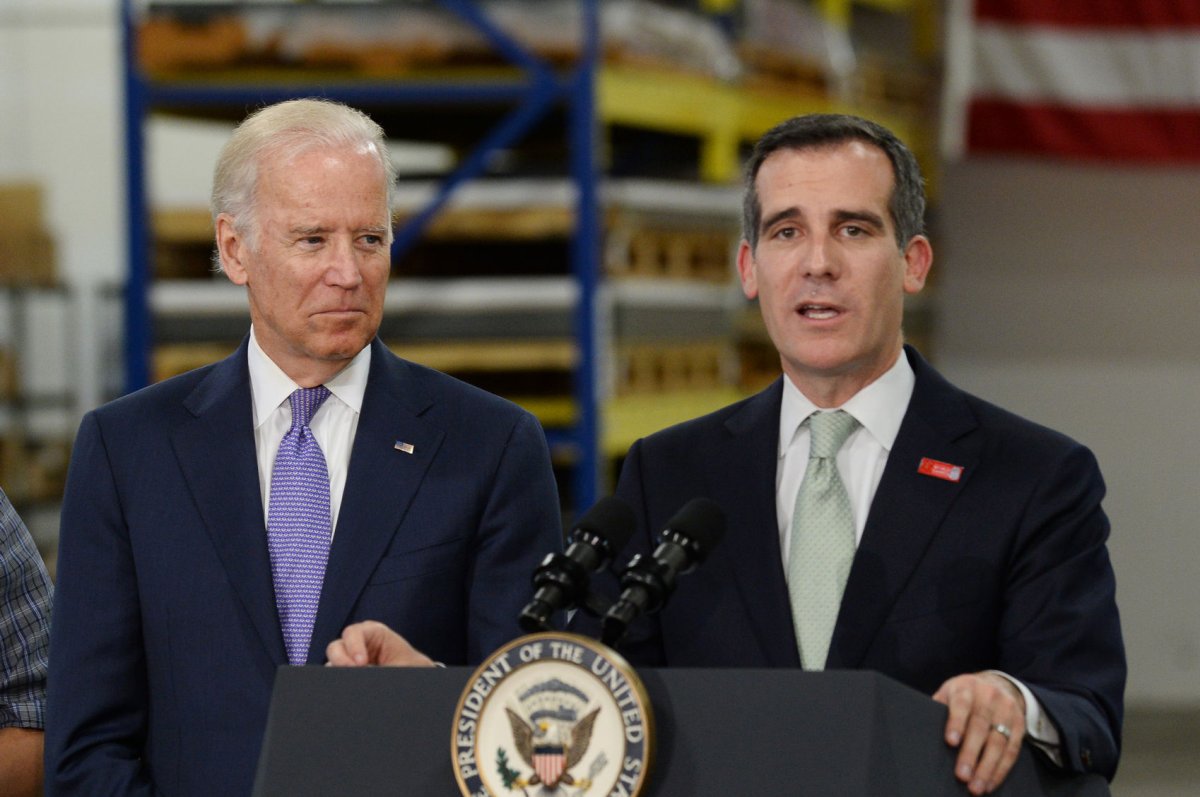In a compliment to the aggressive foreign policy followed by the Narendra Modi government in New Delhi for the last decade, an article in Foreign Policy, a noted US magazine focused on global affairs, has cited the emergence of India as a "major player" in the Middle East as one of the most interesting geopolitical developments in the region in years. The write-up highlighted New Delhi's deep and growing ties with major countries in the region, including Israel, Saudi Arabia and the UAE, to assert that the evolution of India's place reflects the changing international order and the willingness -- perhaps even eagerness -- of these nations to benefit from the new multipolarity.
There is little that the United States can do about this development and may even in a paradoxical way benefit from it, its author Steven A Cook has argued. "If the United States Middle Eastern partners are looking for an alternative to Washington, it is better that New Delhi is among the choices.
"The US may no longer be the undisputed big daddy in the region, but as long as India expands its presence in the Middle East, neither Russia nor China can assume that role," he asserted. The author recalled his visit to India around a decade ago to state what had struck him then that Indians did not want to play a larger role in the Middle East.
In the 10 years since his trip, however, things have changed, he said. India is seen as a big daddy by the regional countries and the perception of global power is gradually emerging throughout the world regarding the Indian state.








 OpinionExpress.In
OpinionExpress.In















Comments (0)